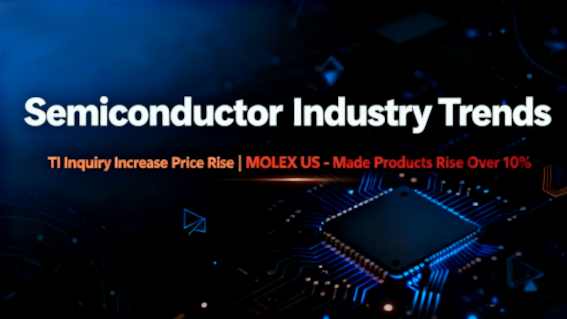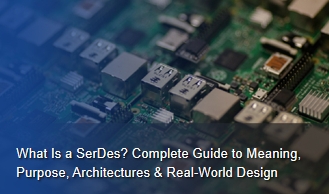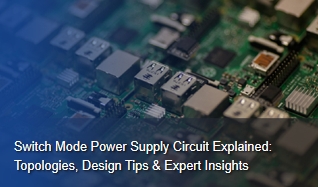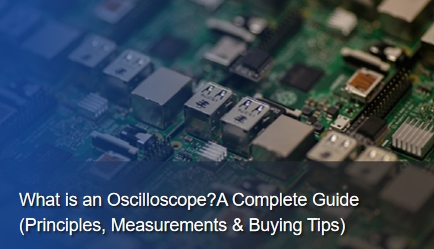The Difference Between Microprocessors and Application Processors
In the rapidly evolving world of technology, understanding the distinctions between microprocessors and application processors is crucial for anyone involved in electronics, software development, or product design. Both types of processors play vital roles in the functioning of electronic devices, yet they serve different purposes and are optimized for various applications. In this article, we’ll explore the key differences between these two processor types, focusing on their characteristics, applications, and how they fit into the broader category of Application Processors and SoCs (System on Chips).
What is a Microprocessor?
A microprocessor is a compact integrated circuit designed to perform the functions of a computer's central processing unit (CPU). It executes instructions from programs and controls other components of the computer system. Microprocessors are characterized by:General Purpose: Microprocessors can handle a variety of tasks, making them versatile for numerous applications. They are typically found in personal computers, servers, and other devices where extensive computational power is required.
Performance Focused: These processors are optimized for raw computational power and speed, often featuring multiple cores to enhance multitasking capabilities.
Memory Management: Microprocessors manage memory allocation and control how data is processed and stored.
What is an Application Processor?
Application processors, on the other hand, are specialized microprocessors designed specifically for mobile and embedded applications. They are engineered to handle specific tasks rather than general-purpose computing. Key features include:Task-Specific Optimization: Application processors are optimized for specific functions, such as running mobile operating systems, handling graphics, and managing multimedia processing. This specialization allows them to perform tasks more efficiently than general-purpose microprocessors.
Integration with Other Components: Many application processors come integrated with other functions, such as graphics processing units (GPUs), memory controllers, and various interfaces (e.g., USB, HDMI). This integration leads to smaller and more efficient designs.
Energy Efficiency: Designed for battery-powered devices, application processors prioritize energy efficiency to prolong battery life in smartphones, tablets, and IoT devices.
Microprocessors vs. Application Processors: Key Differences
Purpose and Application:Microprocessors are suited for general computing tasks in desktops, laptops, and servers.Application processors are tailored for specific applications, especially in mobile devices and embedded systems.
Performance vs. Efficiency:Microprocessors focus on high performance and speed, ideal for complex computations.Application processors emphasize energy efficiency, critical for battery-operated devices.
Integration:Microprocessors typically require separate components for tasks like graphics processing.Application processors often integrate various functions, reducing the overall size and complexity of the device.
Development and Ecosystem:Microprocessors usually come with extensive development support and software ecosystems suited for desktop and server environments.
Application processors are backed by platforms that cater to mobile development, often including tools for specific applications.
Choosing the Right Processor
When deciding between a microprocessor and an application processor for your project, consider the specific requirements of your application. For instance, if you are developing a mobile application or an IoT device, an application processor would likely be more suitable due to its energy efficiency and task-specific optimization. Conversely, for high-performance computing tasks, a microprocessor would be the better choice.
Why Choose unikeyic Electronics?
For those looking to source high-quality Application Processors and SoCs, Unikeyic Electronics stands out as a trusted distributor offering a variety of reputable brands. Here's a closer look at some of the key brands available through Unikeyic Electronics:Microchip Technology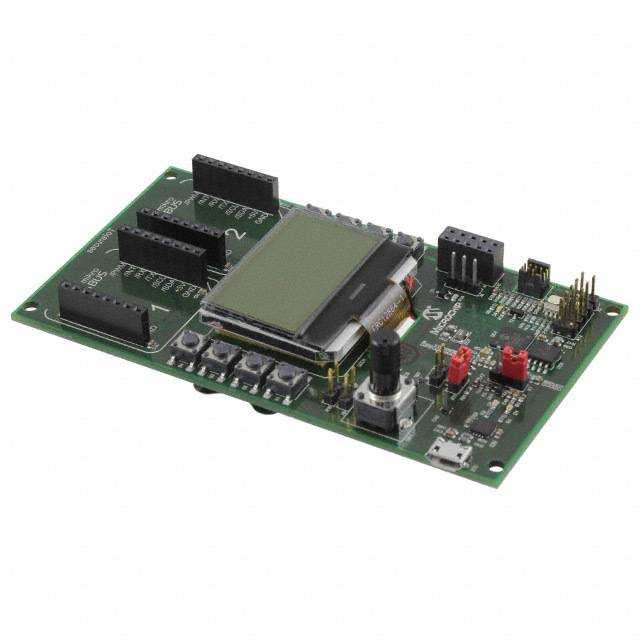 Microchip Technology is renowned for its innovation in embedded control and intelligent systems. Their application processors are designed to enhance the performance of microcontrollers and offer robust solutions for various applications, from automotive systems to IoT devices. Microchip's focus on energy efficiency and reliability makes their processors ideal for battery-operated applications, ensuring long-lasting performance without compromising on capabilities.Advanced Micro Devices (AMD)
Microchip Technology is renowned for its innovation in embedded control and intelligent systems. Their application processors are designed to enhance the performance of microcontrollers and offer robust solutions for various applications, from automotive systems to IoT devices. Microchip's focus on energy efficiency and reliability makes their processors ideal for battery-operated applications, ensuring long-lasting performance without compromising on capabilities.Advanced Micro Devices (AMD)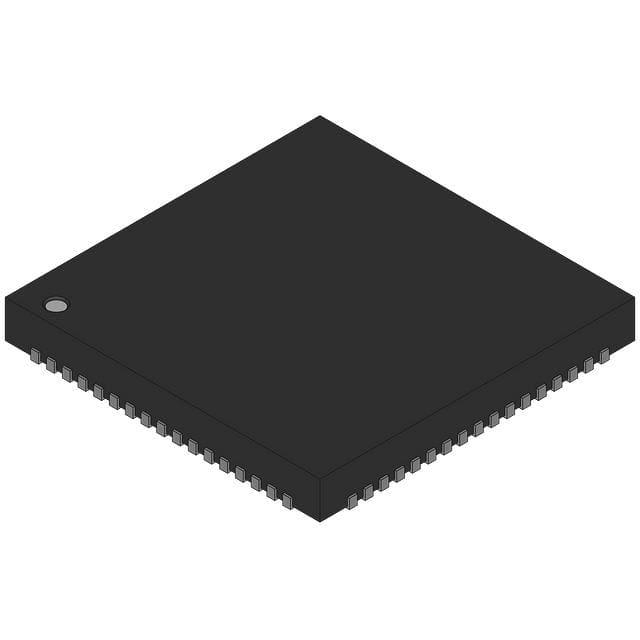 AMD is a leader in high-performance computing and graphics solutions. Their application processors are known for delivering exceptional processing power and advanced graphics capabilities, making them suitable for gaming, multimedia applications, and complex computing tasks. AMD processors are designed to support high workloads and demanding applications, offering impressive speed and performance while maintaining energy efficiency. With a strong emphasis on innovation, AMD continuously pushes the boundaries of technology to meet the evolving needs of modern devices.TE Connectivity
AMD is a leader in high-performance computing and graphics solutions. Their application processors are known for delivering exceptional processing power and advanced graphics capabilities, making them suitable for gaming, multimedia applications, and complex computing tasks. AMD processors are designed to support high workloads and demanding applications, offering impressive speed and performance while maintaining energy efficiency. With a strong emphasis on innovation, AMD continuously pushes the boundaries of technology to meet the evolving needs of modern devices.TE Connectivity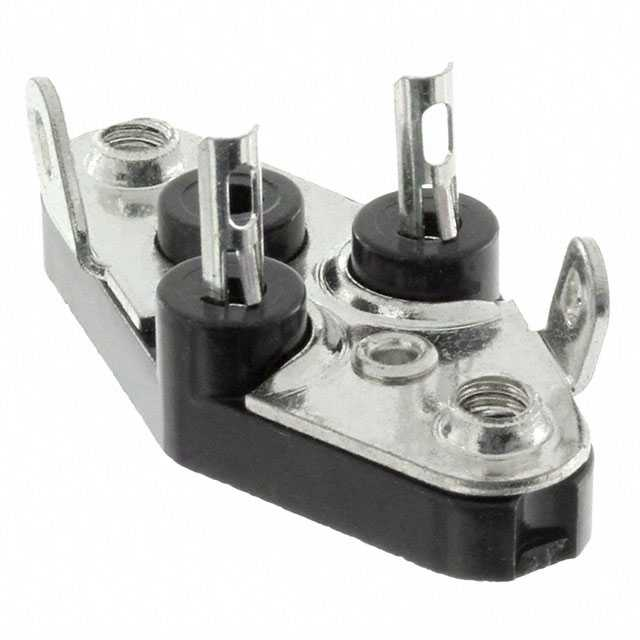
TE CONNECTIVITY is a global leader in connectivity and sensor solutions, providing a range of application processors that support various industries, including automotive, and industrial automation. Their processors are engineered for reliability and durability in harsh environments, making them ideal for applications requiring robust performance. TE Connectivity's commitment to innovation ensures that their processors are equipped with the latest technology, providing reliable connectivity and enhanced functionality for a wide array of devices.
Explore Unikeyic Electronics' Offerings
Unikeyic Electronics not only provides access to these top-tier brands but also emphasizes a commitment to quality and exceptional customer service. Their extensive inventory ensures that you can find the right components tailored to your specific project requirements, whether you're developing complex computing systems or specialized mobile devices.
By choosing Unikeyic Electronics, you can be confident in sourcing high-quality Application Processors and SoCs that meet your performance standards and application needs. Explore their offerings today to discover the perfect processors for your projects and experience the benefits of working with a trusted distributor.
Additional Resources
For more insights into the role of Application Processors and SoCs in modern electronics, check out this article: The Heart of Smart Devices: Exploring the Role of application processors and soc.
FAQ
1. What are the common applications of microprocessors?Microprocessors are commonly used in personal computers, laptops, servers, and various embedded systems that require high processing power.
2. What devices typically use application processors?Application processors are primarily found in smartphones, tablets, smart TVs, and other IoT devices that require specialized processing capabilities.
3. Can application processors perform tasks like general-purpose microprocessors?While application processors are optimized for specific tasks, they can handle general computing functions, but they may not perform as efficiently as dedicated microprocessors in those scenarios.
4. How do I choose between a microprocessor and an application processor?Consider the application requirements, including performance needs, energy efficiency, and the complexity of tasks when making your selection.
5. What brands does Unikeyic Electronics offer for application processors?Unikeyic Electronics provides a wide range of Application Processors and SoCs from reputable brands such as Microchip Technology, AMD, and TE Connectivity.


